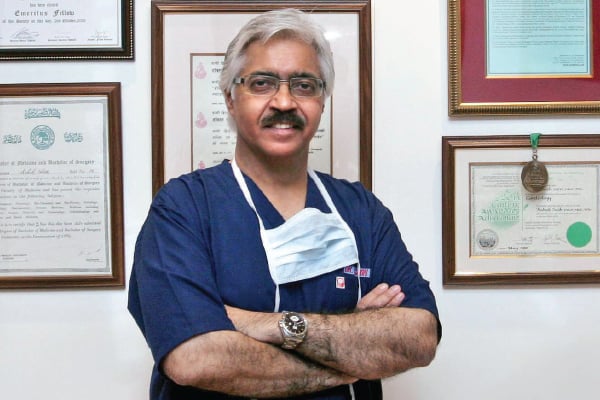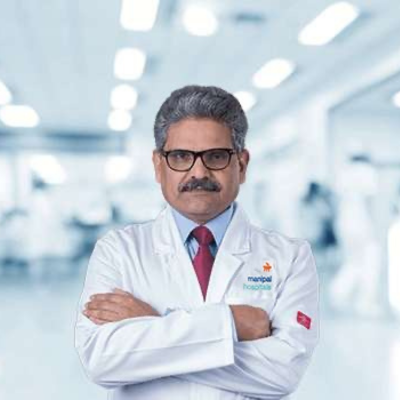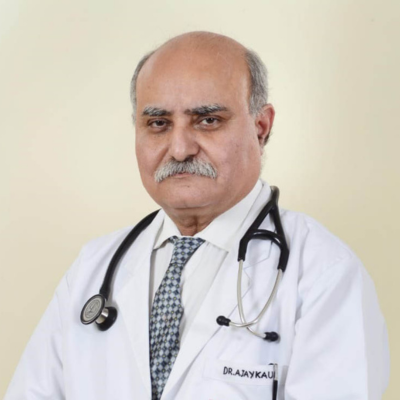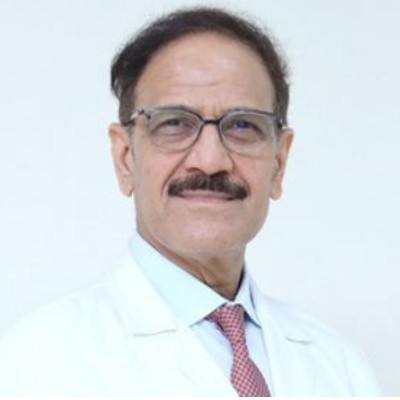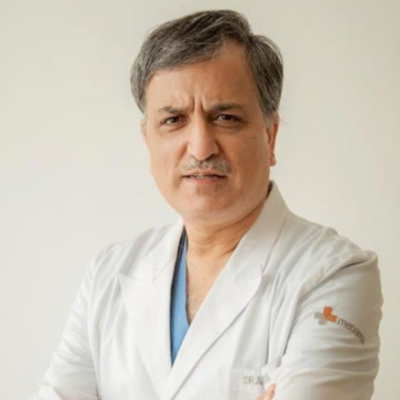Tajikistan Patients Opt for India for Their Medical Treatment
 31 December,2024
Read More
31 December,2024
Read More
Enquire now in case of any assistance needed
Starting From: USD 1202 - USD 1563
Electrical Cardioversion is affordable in India. The cost of Electrical Cardioversion in India lies between USD 1202 - USD 1563. The exact procedure price depends on multiple factors such as the surgeon's experience, type of hospital, severity of the condition, patient's general condition,etc.
Electrical cardioversion is a crucial medical intervention used to restore normal heart rhythm in individuals experiencing certain types of cardiac arrhythmias. This procedure involves the controlled delivery of a synchronized electric shock to the heart, momentarily stopping its activity and allowing the natural pacemaker to re-establish a regular rhythm. Through meticulous patient evaluation, careful preparation, and expert execution, electrical cardioversion has become a cornerstone in the management of arrhythmias.
Cardiac arrhythmias refer to abnormal heart rhythms, which can manifest as the heart beating too fast (tachycardia), too slow (bradycardia), or irregularly. These irregularities can lead to symptoms ranging from palpitations and dizziness to more severe complications like heart failure or stroke.
Preparation and Evaluation
Electrical cardioversion stands as a vital tool in the management of cardiac arrhythmias, offering a targeted approach to restore normal rhythm and improve overall cardiovascular health. Through careful patient evaluation, precise procedural execution, and comprehensive postoperative care, electrical cardioversion exemplifies the remarkable progress in interventional cardiology. It continues to play a pivotal role in alleviating symptoms, reducing complications, and enhancing the quality of life for individuals facing the challenges of arrhythmias. With ongoing advancements in technology and patient care, electrical cardioversion remains a beacon of hope for those in need of rhythmic harmony in their hearts.
Chairman
Interventional Cardiologist
Fortis Escorts Heart Institute, Okhla, New Delhi
Book an AppointmentChief
Cardiothoracic and Vascular Surgeon
Manipal Hospital, Dwarka, Delhi
Book an AppointmentChairman
Interventional Cardiologist
BLK-Max Super Speciality Hospital, New Delhi
Book an AppointmentChairman
Cardiothoracic and Vascular Surgeon
Medanta - The Medicity Hospital, Gurgaon
Book an AppointmentConsultant
Interventional Cardiologist
Apollo Hospitals, Greams Road, Chennai
Book an AppointmentDoctor of Pharmacy
Dr. Deepanshu Siwach is a skilled clinical pharmacist with a Doctor of Pharmacy degree. He has 4+ years of experience and has worked with thousands of patients. He has been associated with some of the top hospitals, such as Artemis Gurgaon.
Dr. Deepanshu Siwach is a skilled clinical pharmacist with a Doctor of Pharmacy degree. He has 4+ years of experience and has worked with thousands of patients. He has been associated with some of the top hospitals, such as Artemis Gurgaon....
Dr. Aseem Ranjan Srivastava is an experienced Pediatric Cardiothoracic Surgeon specializing in Minimal Access and Robotic Cardiac Surgery. He strongly recommends prompt corrective repair when possible....
The Art of Effective Communication
 31 December,2024
Read More
31 December,2024
Read More
 30 December,2024
Read More
30 December,2024
Read More
 26 December,2024
Read More
26 December,2024
Read More
 24 December,2024
Read More
24 December,2024
Read More
 23 December,2024
Read More
23 December,2024
Read More
 10 December,2024
Read More
10 December,2024
Read More
